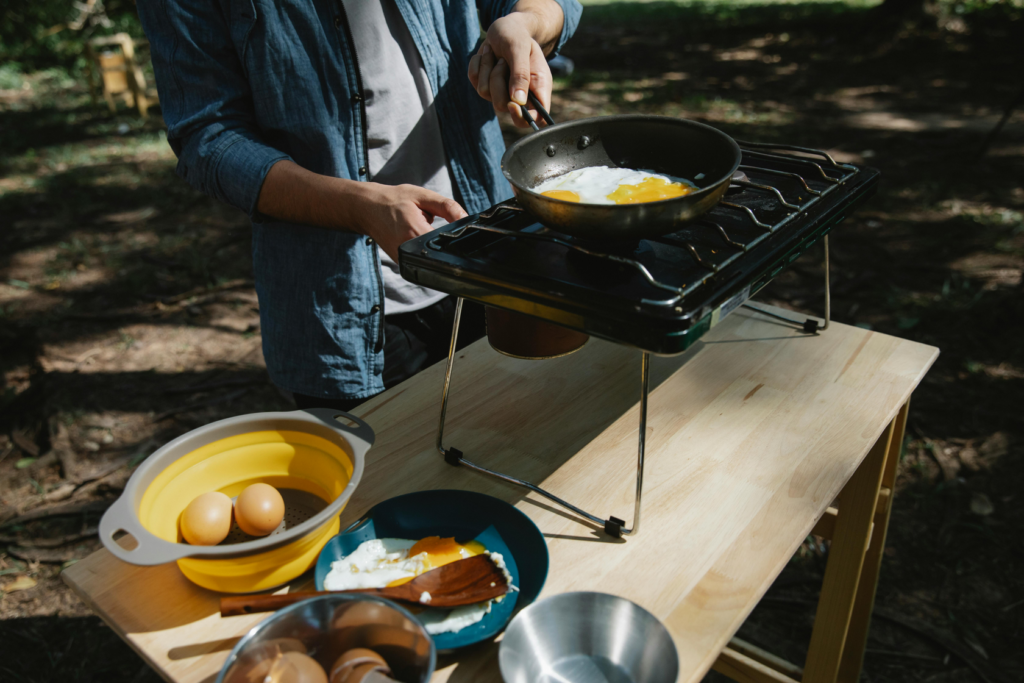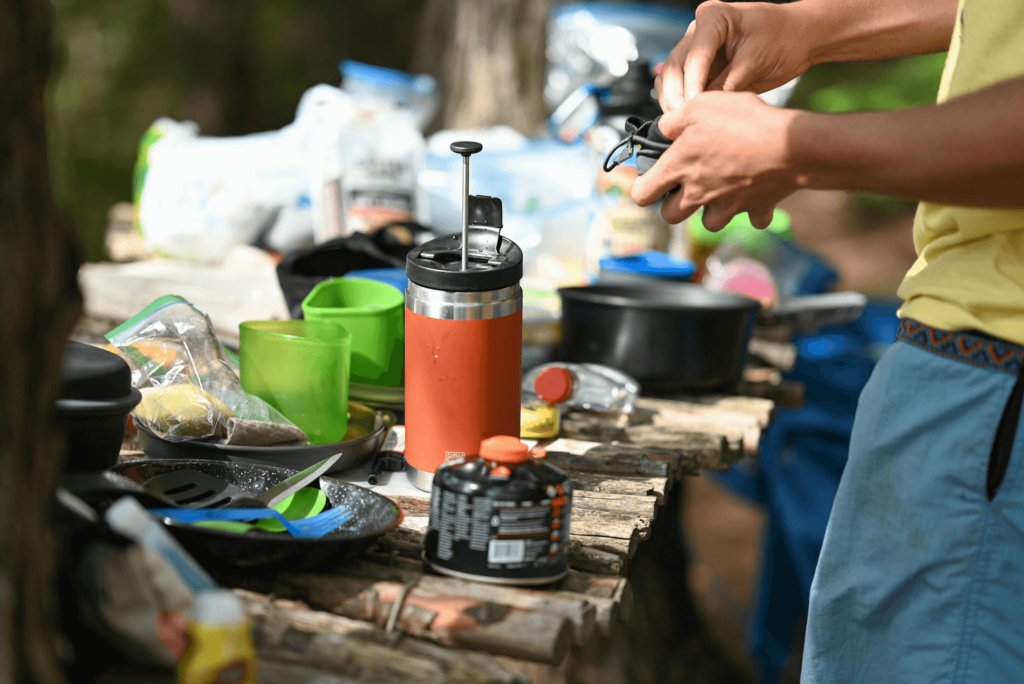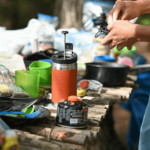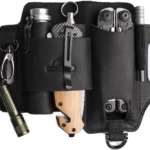
Best Foods For Camping
Listing and planning meals with the best foods for camping requires careful consideration of food storage, preparation methods, and nutritional needs. The right food choices can enhance your outdoor experience, providing energy for activities and comfort during downtime. When selecting camping foods, focus on non-perishable items, minimally prepared options, and foods that are easy to cook in an outdoor setting.
Non-Perishable Staples
Start your camping menu with a foundation of non-perishable staples. Canned goods such as beans, vegetables, and fruits are versatile and easy to store. Dried fruits and nuts make excellent snacks and can be added to breakfast cereals or trail mix. Whole grain crackers, peanut butter, and preserves provide quick energy and protein. Instant oatmeal packets offer a convenient and warming breakfast option.
Easy-to-Prepare Proteins
For protein sources, consider options that don’t require refrigeration. Canned tuna or chicken can be used in sandwiches or added to pasta dishes.
Beef jerky and other dried meats are lightweight and protein-rich snacks10. If you have a cooler, hard cheese like cheddar or gouda can last several days without refrigeration.
Fresh Produce
While many fruits and vegetables can last for a few days without refrigeration, choose hardy options that won’t bruise easily. Apples, oranges, and carrots are good choices.
Bell peppers and cucumbers can add freshness to meals and snacks. Onions and garlic can enhance the flavor of many camp meals and have a long shelf life.
Grains and Pastas
Pre-cooked rice pouches and instant couscous provide quick and easy side dishes or bases for one-pot meals.
Pasta is another camping staple that’s simple to prepare and can be paired with various sauces or vegetables.
Tortillas or flatbreads are versatile and can be used for wraps, quesadillas, or as a side with meals.
Best Foods For Camping: Ideas
Breakfast
For breakfast, consider options like granola, cereal, or instant oatmeal that can be easily prepared with hot water.
If you have a cooler, eggs can be a great source of protein for breakfast3. Pre-made muffins or energy bars can provide a quick breakfast or snack on the go.
Lunch and Dinner Options
Sandwiches made with non-perishable spreads like peanut butter or canned meat make for easy lunches.
For dinners, one-pot meals like pasta dishes, stews, or rice-based meals are convenient and satisfying.
Consider bringing pre-made sauces or spice mixes to add flavor to your camp meals.
Snacks and Treats
Energy-dense snacks are crucial for maintaining stamina during outdoor activities. Trail mix, granola bars, and dried fruits are excellent options.
For a treat, don’t forget ingredients for s’mores – a camping classic.
Beverages
Staying hydrated is crucial when camping. Bring plenty of water or a water filtration system if you’ll be near a natural water source.
For hot beverages, instant coffee or tea bags are lightweight and easy to prepare10. Powdered drink mixes can add variety to your water intake.
Meal Planning and Preparation
Plan your meals in advance, considering the duration of your trip and the cooking equipment you’ll have available.
Pre-measure ingredients for meals and store them in resealable bags to save space and make cooking easier.
Consider preparing some meals at home and reheating them at the campsite for the first day or two of your trip.
Food Storage and Safety
Proper food storage is crucial to prevent spoilage and avoid attracting wildlife3. Use a high-quality cooler for perishable items, and keep it in the shade to maintain its temperature.
Store all food in airtight containers or bear-proof canisters if you’re camping in Bear Country.
Leave No Trace Principles
When planning your camping meals, consider the principles of Leave No Trace. Pack out all food waste and avoid leaving any scraps behind.
Use biodegradable soap for washing dishes, and dispose of wastewater properly, away from natural water sources.
By carefully selecting and preparing your camping meals, you can ensure that your outdoor adventure is not only nourishing but also enjoyable.
Remember, the best foods for camping are those that are easy to prepare, nutritious, and suited to your personal tastes and dietary needs.
With these tips and food suggestions, you’ll be well-prepared for a delicious and satisfying camping experience.





